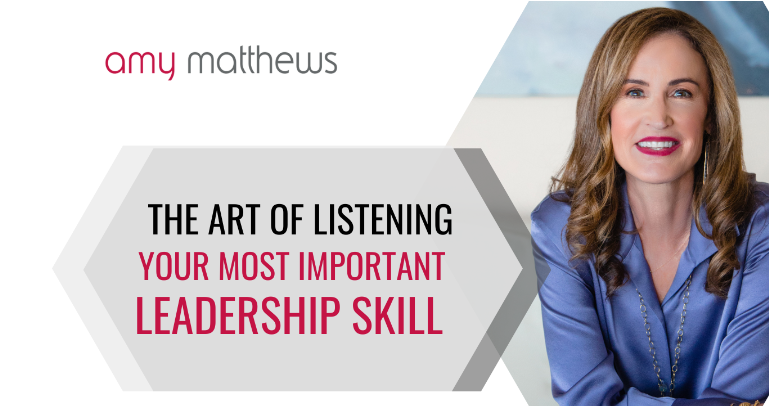
How to Avoid Conflict this Holiday Season. Read This.
Many people have a short fuse these days.
Not only are the holidays upon us, add the stressors of congregating with extended family, the lingering effects of the pandemic, worldwide divisiveness, weather mayhem, and end-of-year work issues, we have a lot on our plates and a lot to digest. As a client of mine so aptly put, “There is a feeling of chaos everywhere.”
The current environment is a perfect storm for altercations to arise. Conversations can ignite, quickly escalate and get out of hand.
Here are a few tips to avoid conflict this holiday season:
👉 Don’t be surprised if a disagreement arises. There is a ton of frustration and anger in the air. If you are on the receiving end, before firing back a response, take a moment and breathe.
👉 Be curious. Hmm..why is she/he/they upset? Is it about me or just transference taking place? 9 times out of 10, the reason the person is upset has nothing to do with you.
👉 Do your best to not take what he/she/they say personally. I know, easier said than done! Yet, it is easier than opening yourself up to attack or an explosive conversation.
👉 State your truth in a calm, centered, compassionate manner. By all means, avoid saying things back like:
👉 “You make no sense.”
👉 “You are so defensive.”
👉 “I told you so.”
👉 “You shouldn’t do it that way.”
👉 “You never listen.”
👉 All verbal disasters waiting to happen.
If you follow the steps above and are still under personal attack, agree to disagree. Or table the conversation for another time. Or walk away. This way you will avoid hearing and saying things you will regret.
And the final step?
SHAKE IT OFF AND GO ABOUT YOUR DAY. Just like my dog, Pie does.






